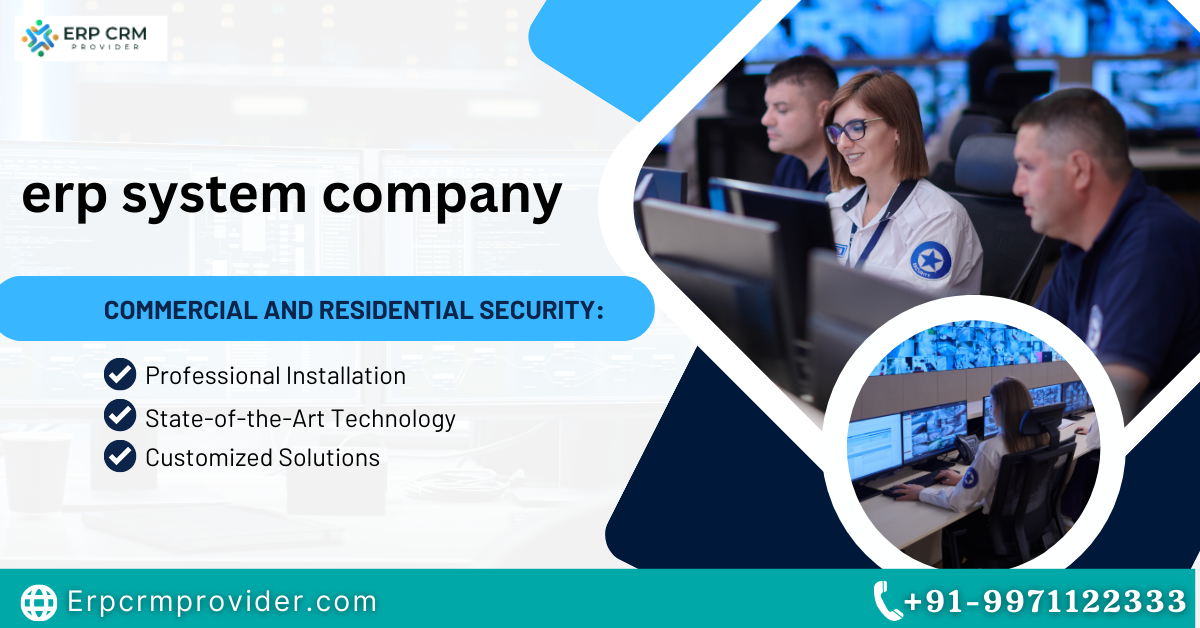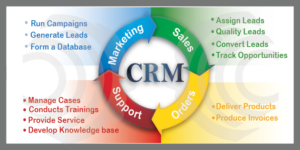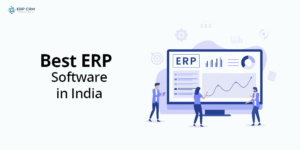In an era where agility and efficiency are paramount, businesses are continually searching for innovative solutions to enhance their operations. Enter Enterprise Resource Planning (ERP) software—a powerful tool that transforms the way organizations manage their resources and processes. By seamlessly integrating various business functions into a single platform empowers companies to break down silos, improve collaboration, and gain real-time insights. This not only streamlines operations but also enhances decision-making and boosts overall productivity.
Understanding ERP Software
ERP software is an integrated suite of applications designed to manage core business processes in real-time. By consolidating data from various departments into a unified system, enables organizations to operate more cohesively. The benefits of using ERP software extend across different business functions, including finance, human resources, supply chain, manufacturing, and customer relationship management.
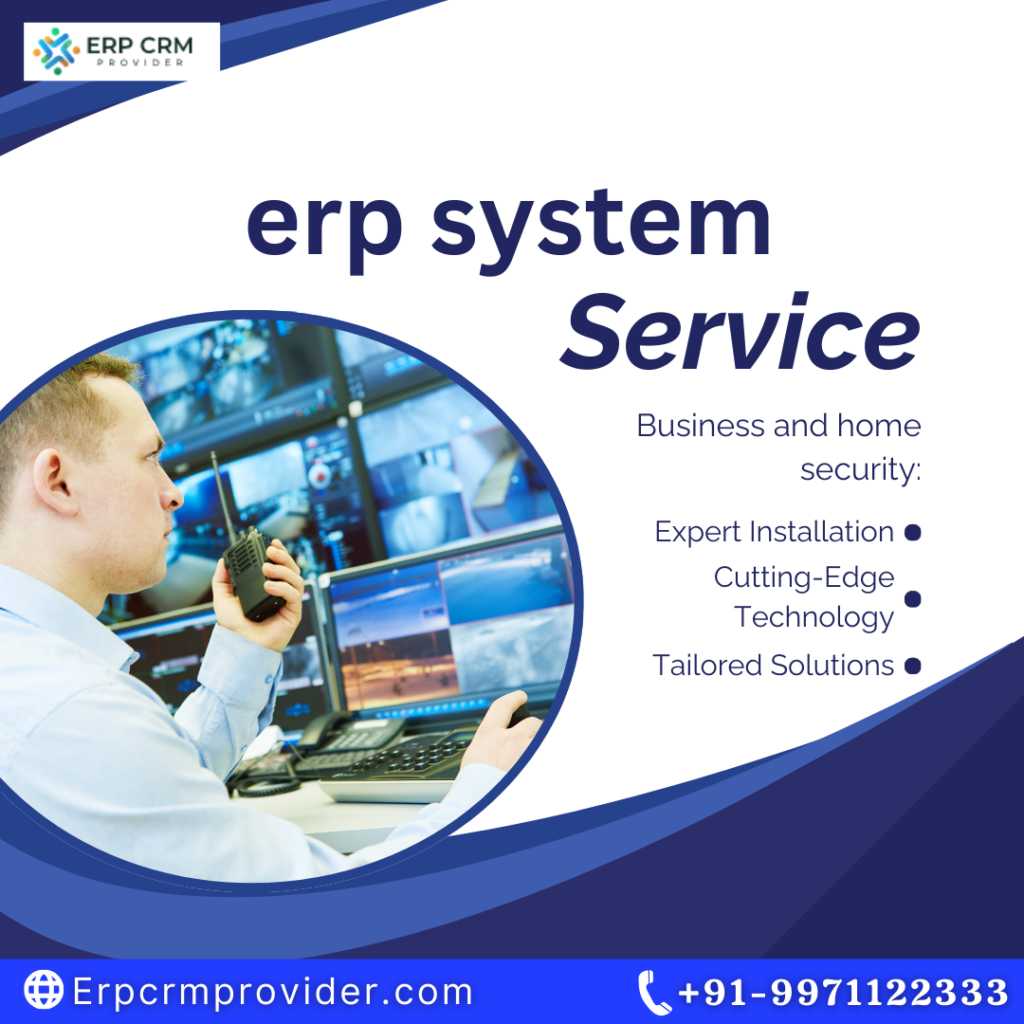
The Need for Transformation
The business landscape is evolving rapidly, driven by technological advancements and changing consumer expectations. Organizations that fail to adapt their processes may struggle to remain competitive. Transforming business processes with ERP software allows companies to automate routine tasks, minimize errors, and improve overall operational efficiency.
Streamlining Operations
One of the most significant advantages of its ability to streamline operations. By integrating various business functions, ERP systems eliminate data silos, ensuring that information flows seamlessly between departments. This integration reduces the time spent on manual data entry and minimizes the risk of inaccuracies, allowing employees to focus on more strategic initiatives
For example, a manufacturing company can benefit from transforming its business processes with ERP solution by synchronizing inventory management with production scheduling. This real-time data access ensures that production aligns with available resources, reducing delays and excess inventory.
Enhancing Decision-Making
Data-driven decision-making is crucial for organizations aiming for growth and sustainability. ERP software provides comprehensive analytics and reporting tools, giving businesses access to real-time insights. With accurate data at their fingertips, leaders can make informed decisions based on current trends and performance metrics.
Transforming business processes with ERP means that decision-makers can identify areas of improvement quickly. For instance, if sales data indicates a decline in a particular product line, the organization can analyze inventory levels and production schedules to determine the cause and address it promptly.
Improving Customer Experience
A key component of any successful business strategy is the customer experience. ERP software enhances customer relationship management by centralizing customer data and interactions. This integration allows companies to respond to customer inquiries promptly and provide personalized service based on historical interactions.
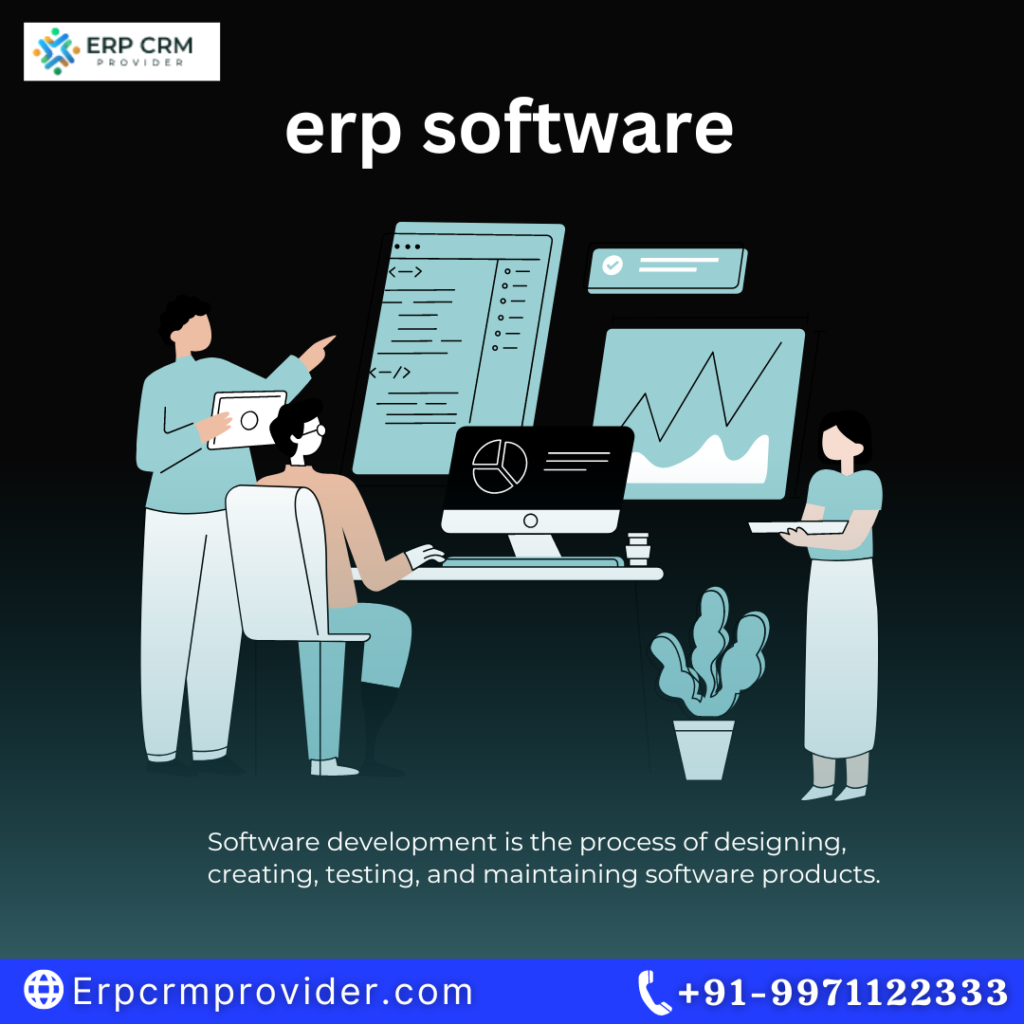
For example, a retail company that implements ERP software can track customer purchasing patterns and preferences. By analyzing this data, they can tailor marketing campaigns to target specific segments, improving engagement and driving sales. Transforming business processes with ERP software ultimately leads to happier customers and increased loyalty.
Facilitating Scalability
As businesses grow, their processes must evolve to meet new demands. ERP software provides the scalability necessary for organizations to expand without overhauling existing systems. With modular solutions, businesses can add functionalities as needed, ensuring that the software grows alongside the organization.
For instance, a small startup that successfully scales into a medium-sized enterprise can benefit from transforming its business processes with ERP software by gradually integrating advanced modules for finance, supply chain management, and human resources. This gradual transformation ensures minimal disruption to operations while equipping the company with the tools it needs for continued success.
Ensuring Compliance and Security
In an era of increasing regulatory scrutiny, businesses must prioritize compliance and data security. ERP helps organizations maintain compliance with industry standards and regulations by providing automated reporting features and secure data management.
Transforming business processes with ERP software ensures that all necessary documentation is readily available for audits and regulatory reviews. Additionally, with robust security features, businesses can protect sensitive data from cyber threats, safeguarding both company information and customer trust.
Conclusion
In conclusion, transforming business processes with ERP software is essential for organizations aiming to thrive in today’s competitive landscape. By streamlining operations, enhancing decision-making, improving customer experiences, facilitating scalability, and ensuring compliance, serves as a comprehensive solution for modern businesses. Investing in ERP )software is not just about technology; it’s about reimagining how a business operates and prepares for the future. As companies continue to embrace digital transformation, the role of ERP software will only become more critical in driving efficiency and growth.
